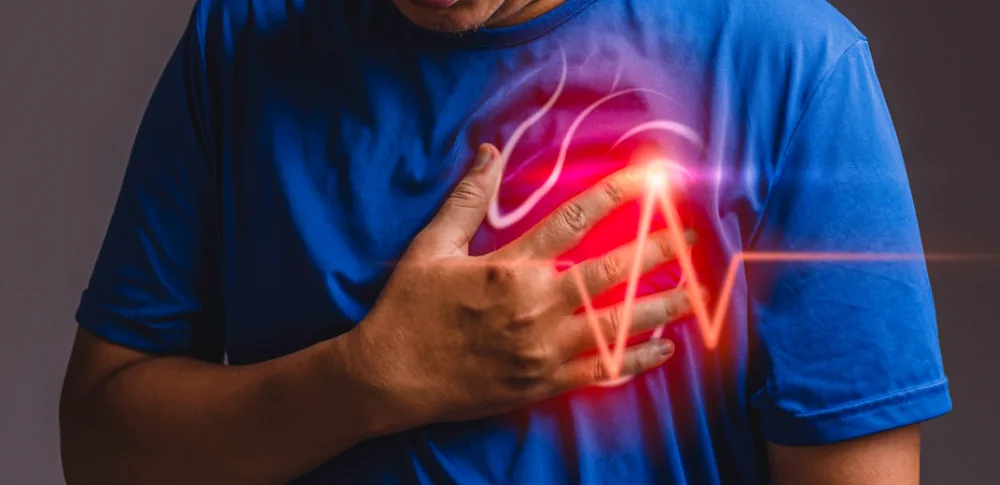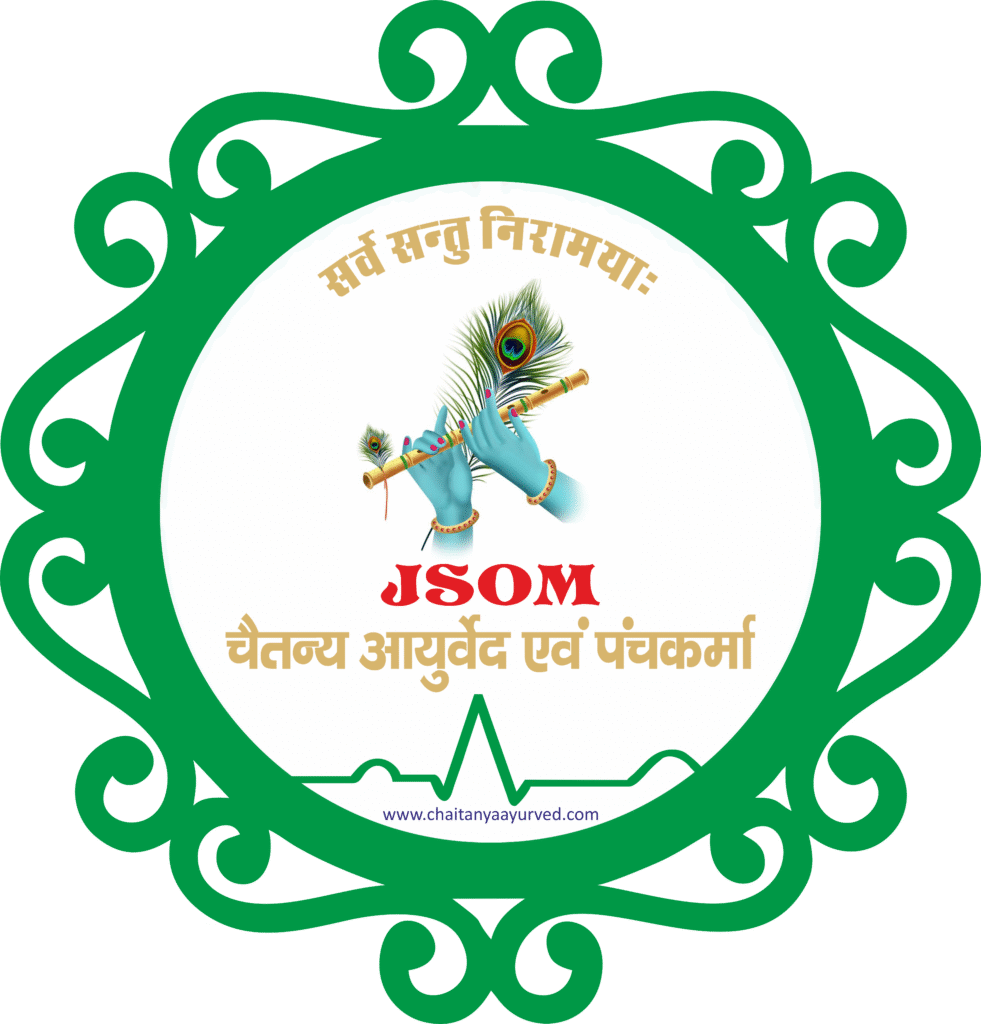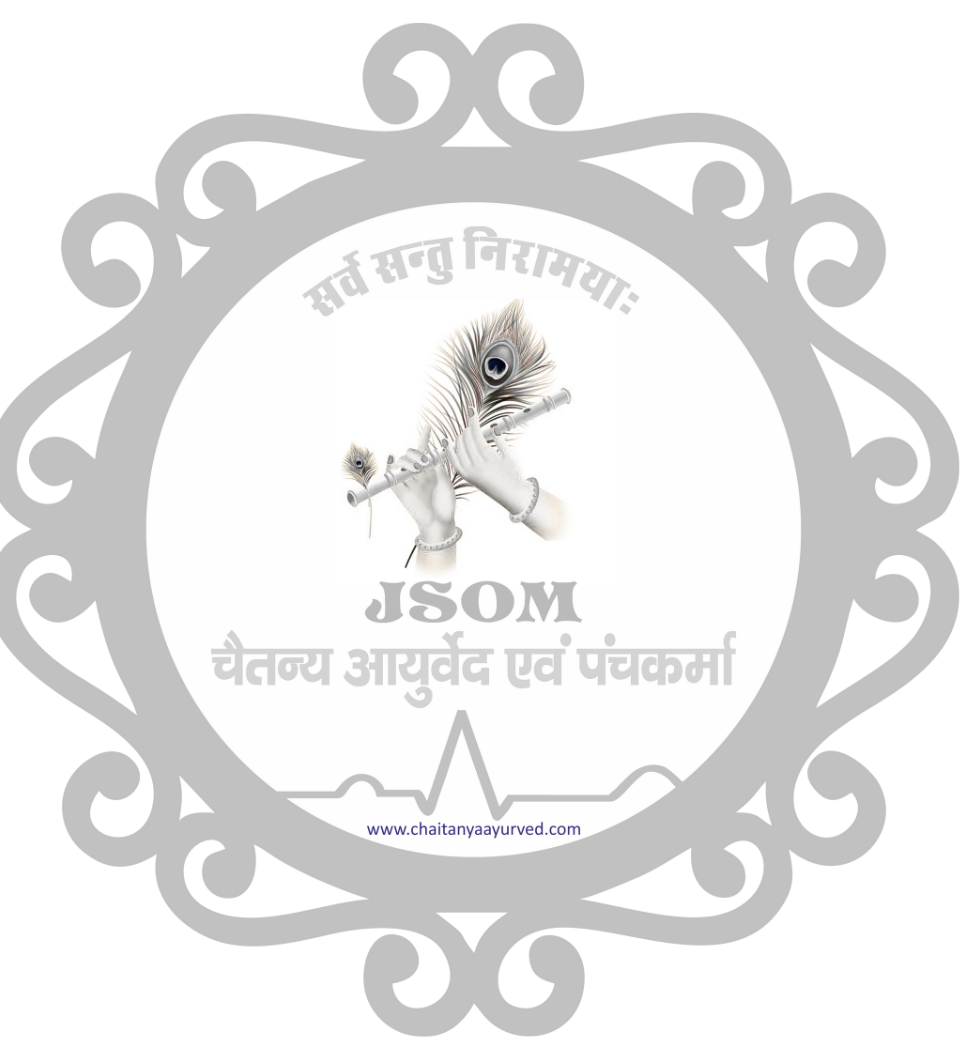Heart Disease Therapy

Heart Disease Therapy
Heart disease therapy refers to medical and lifestyle-based treatments aimed at preventing, managing, or improving conditions affecting the heart and blood vessels.
These conditions can include coronary artery disease, heart failure, arrhythmias, high blood pressure, and congenital heart defects.
Therapy focuses on improving heart function, preventing complications, and enhancing overall cardiovascular health.
Types of Heart Disease
Lifestyle Modification Therapy – Diet changes, exercise, weight control, quitting smoking, stress reduction.
Medication Therapy – Blood pressure control, cholesterol-lowering drugs, blood thinners, and medications to improve heart function.
Cardiac Rehabilitation – Supervised exercise and education program for heart patients.
Surgical and Interventional Therapy – Angioplasty, stent placement, bypass surgery, valve repair/replacement.
Alternative & Complementary Therapy – Yoga, meditation, Ayurveda-based heart tonics (only as supportive care, under medical advice).
Device-Based Therapy – Pacemakers, defibrillators, or heart pumps for advanced heart disease
How it Works
Lifestyle changes reduce strain on the heart and improve blood circulation.
Medications help control blood pressure, cholesterol, and blood clotting.
Cardiac rehab improves heart strength through safe, guided exercises.
Surgical interventions restore proper blood flow or repair heart structure.
Stress management techniques lower heart rate and improve oxygen delivery to the heart muscle
Benefits of Heart Disease
Improves blood circulation and oxygen supply to the heart
Reduces chest pain (angina) and breathlessness
Lowers risk of heart attack and stroke
Improves heart pumping capacity
Helps control blood pressure, cholesterol, and blood sugar
Enhances physical strength, stamina, and emotional well-being
Supports long-term heart health and quality of life
Precautions
Always follow doctor’s prescription and avoid self-medication
Start exercise programs only under medical supervision if you have heart disease
Monitor blood pressure, cholesterol, and blood sugar regularly
Avoid smoking, excessive alcohol, and high-stress situations
In Ayurveda or alternative therapy, use herbal medicines only after consulting a cardiologist
Immediately seek medical help if you experience severe chest pain, sudden breathlessness, or fainting
Typical Session
Duration: 30–60 minutes, 2–3 times a week
Process:
Warm-up with light movements
Aerobic exercises (walking, cycling, treadmill) at a safe heart rate
Strength training for muscle endurance
Relaxation and breathing techniques
Education on diet, lifestyle, and medication adherence
Course: Usually 6–12 weeks, depending on patient’s condition
Aftercare: Continue home exercise, maintain heart-healthy diet, and attend follow-up check-ups

